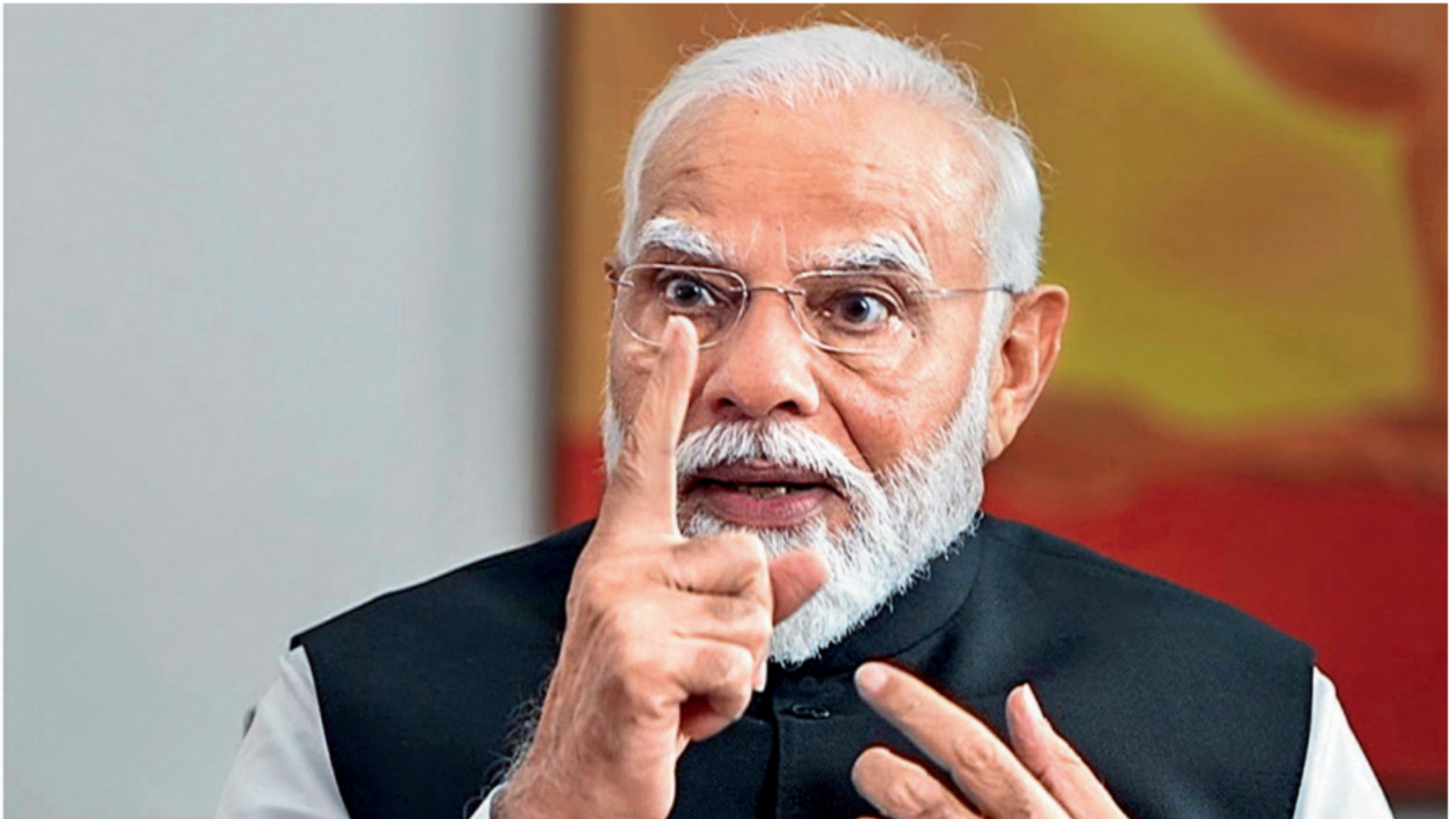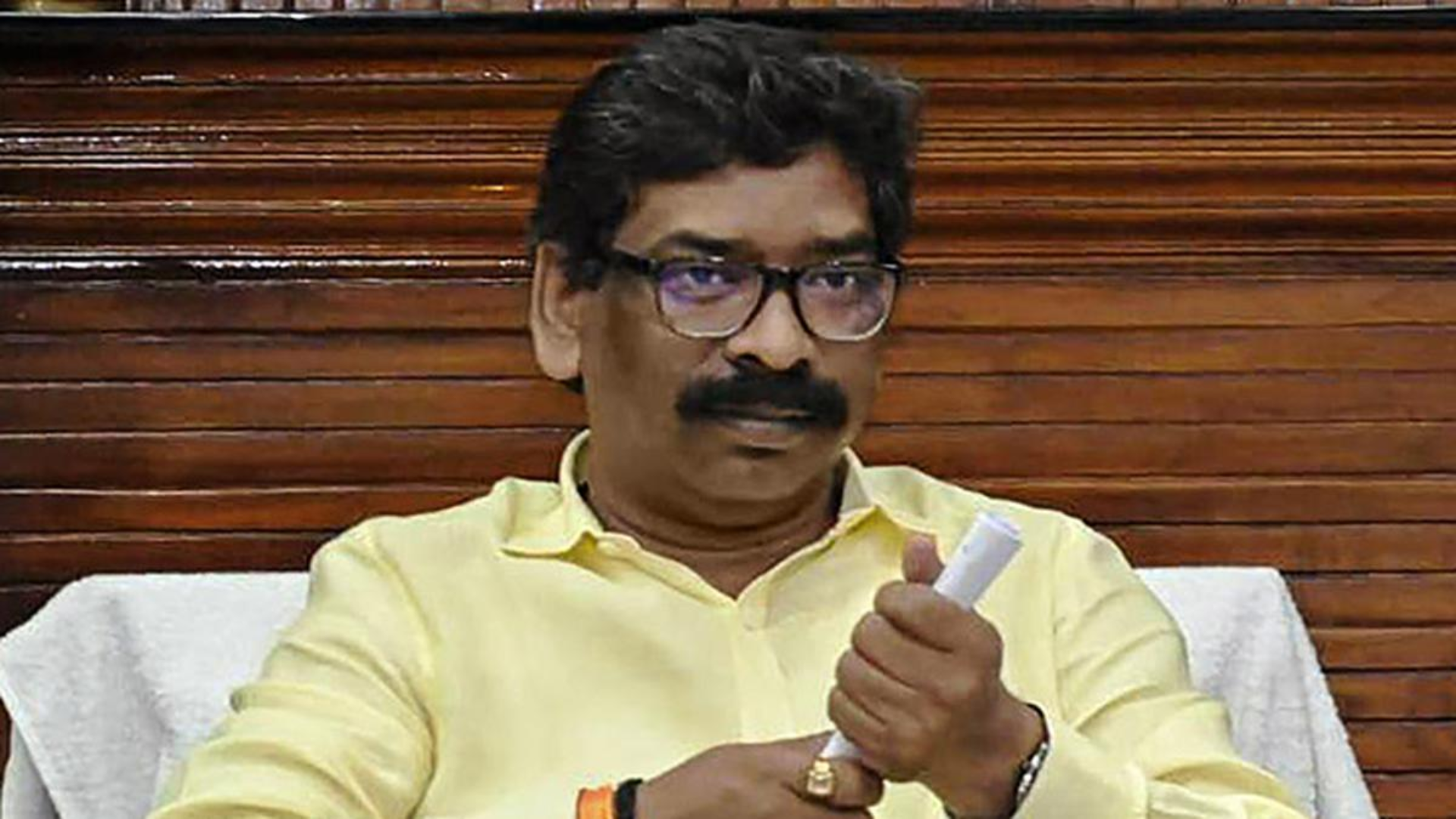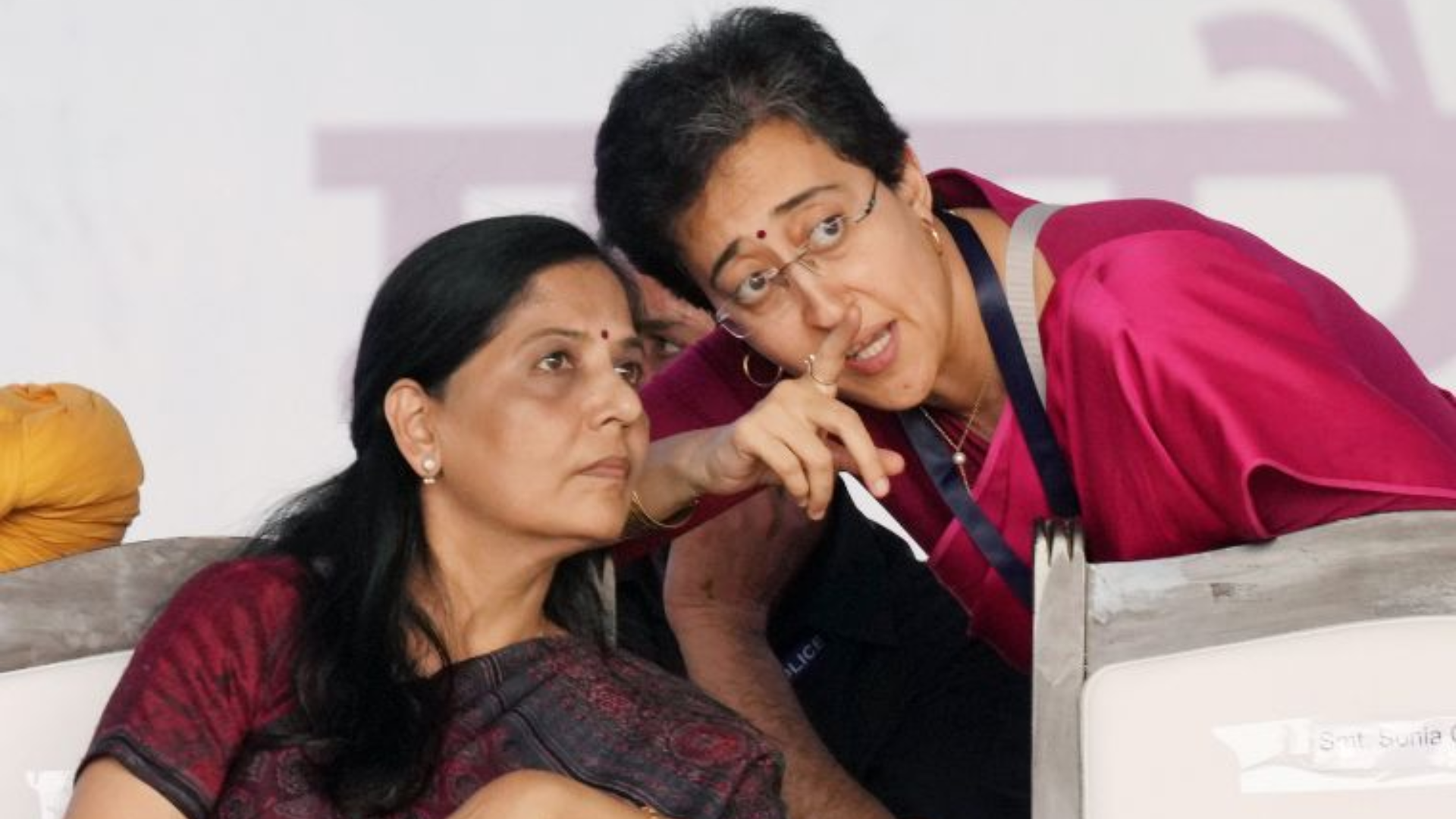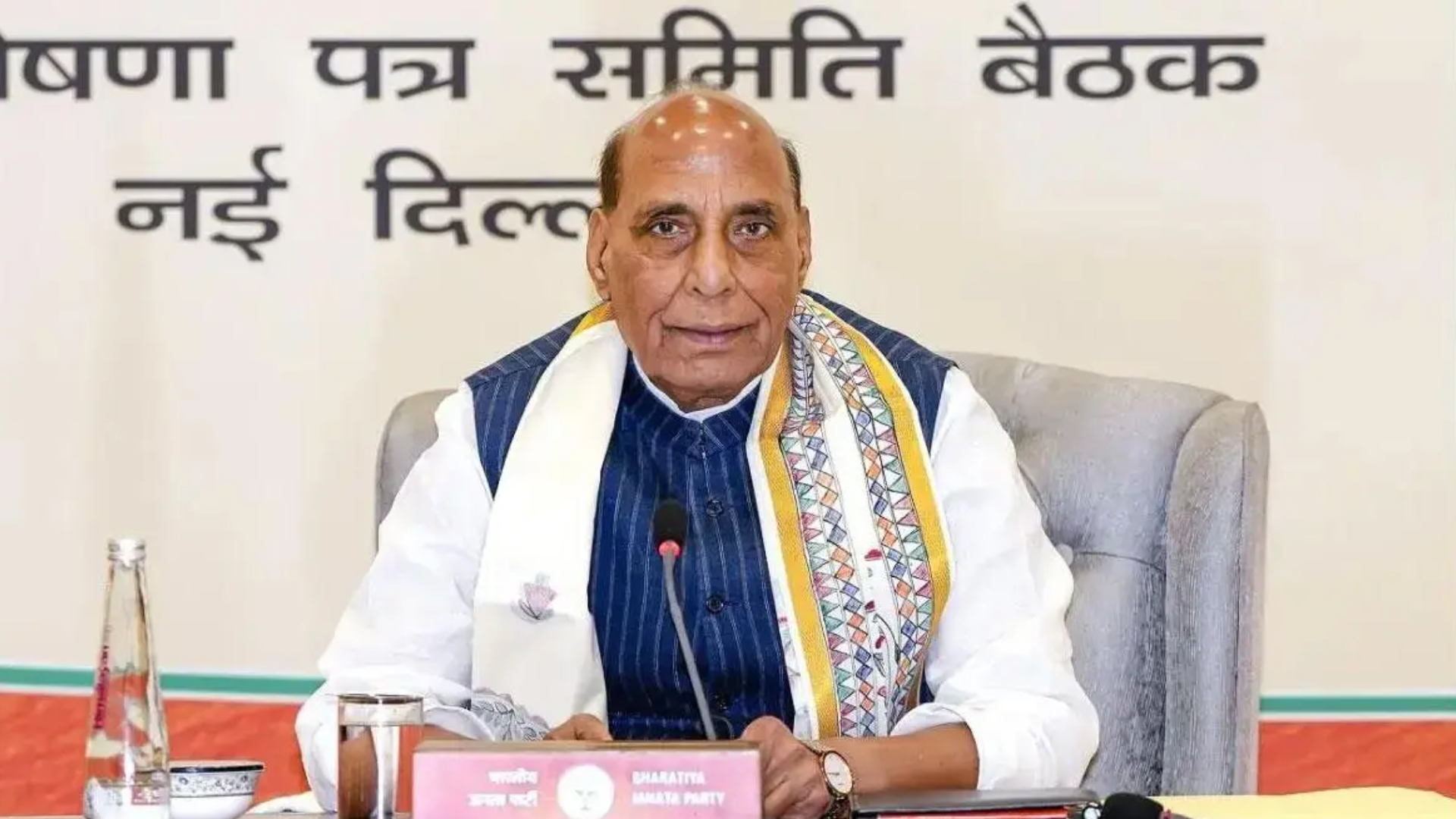



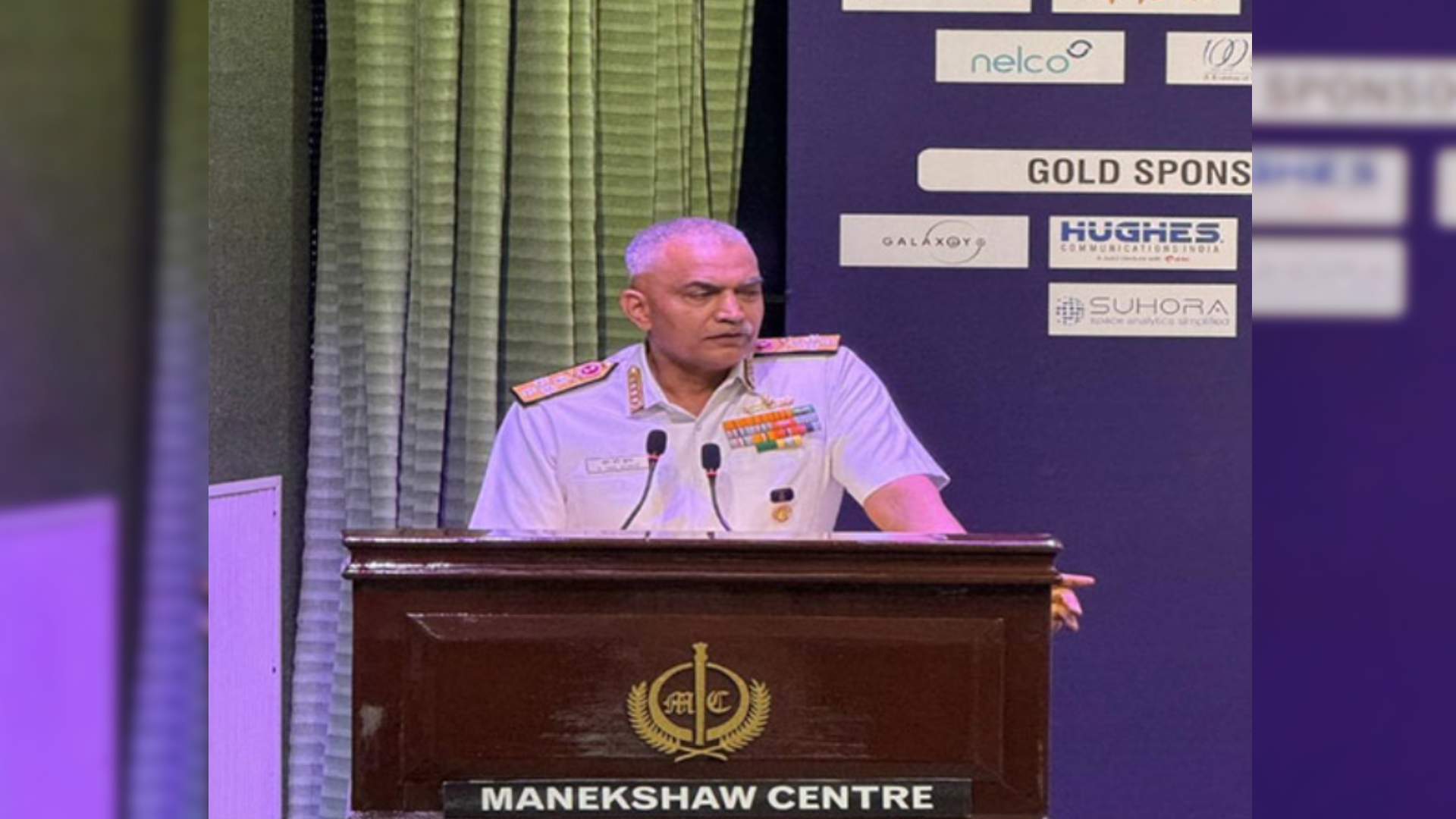
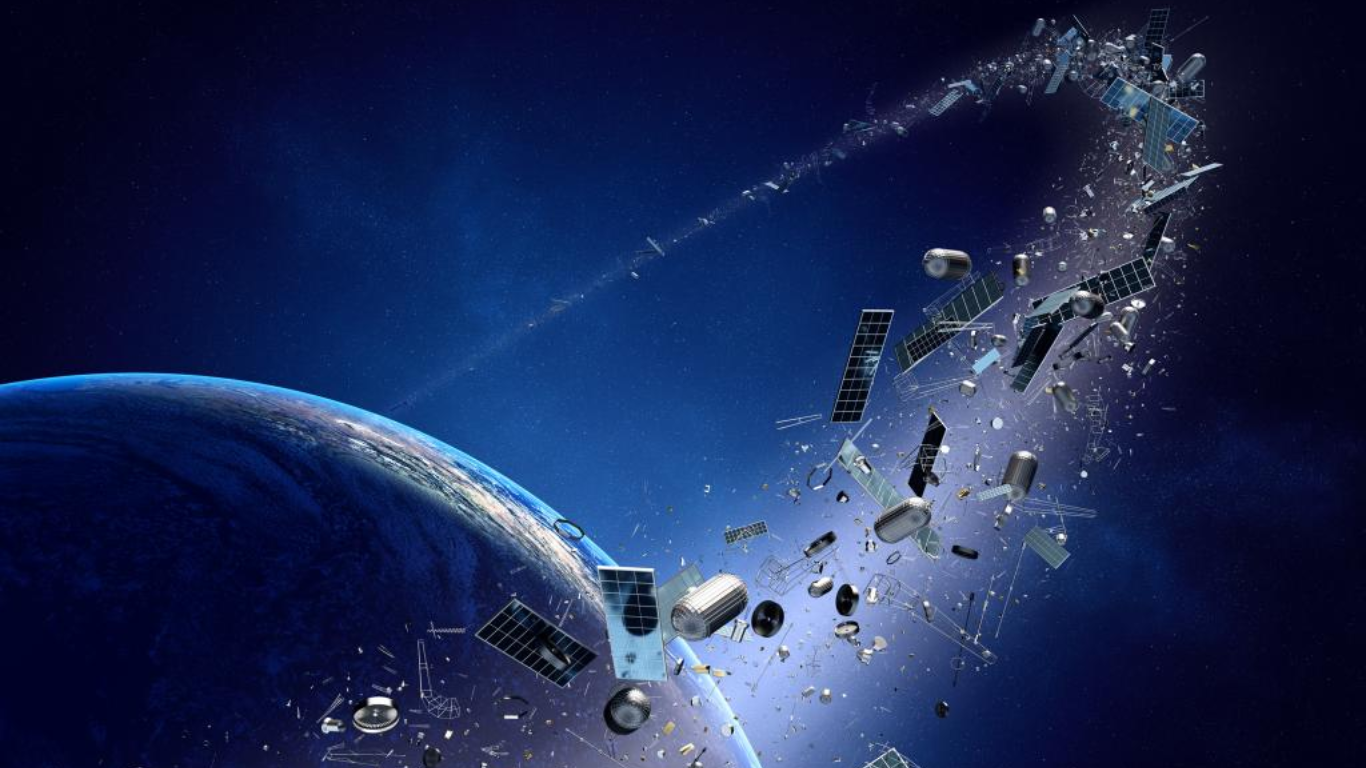
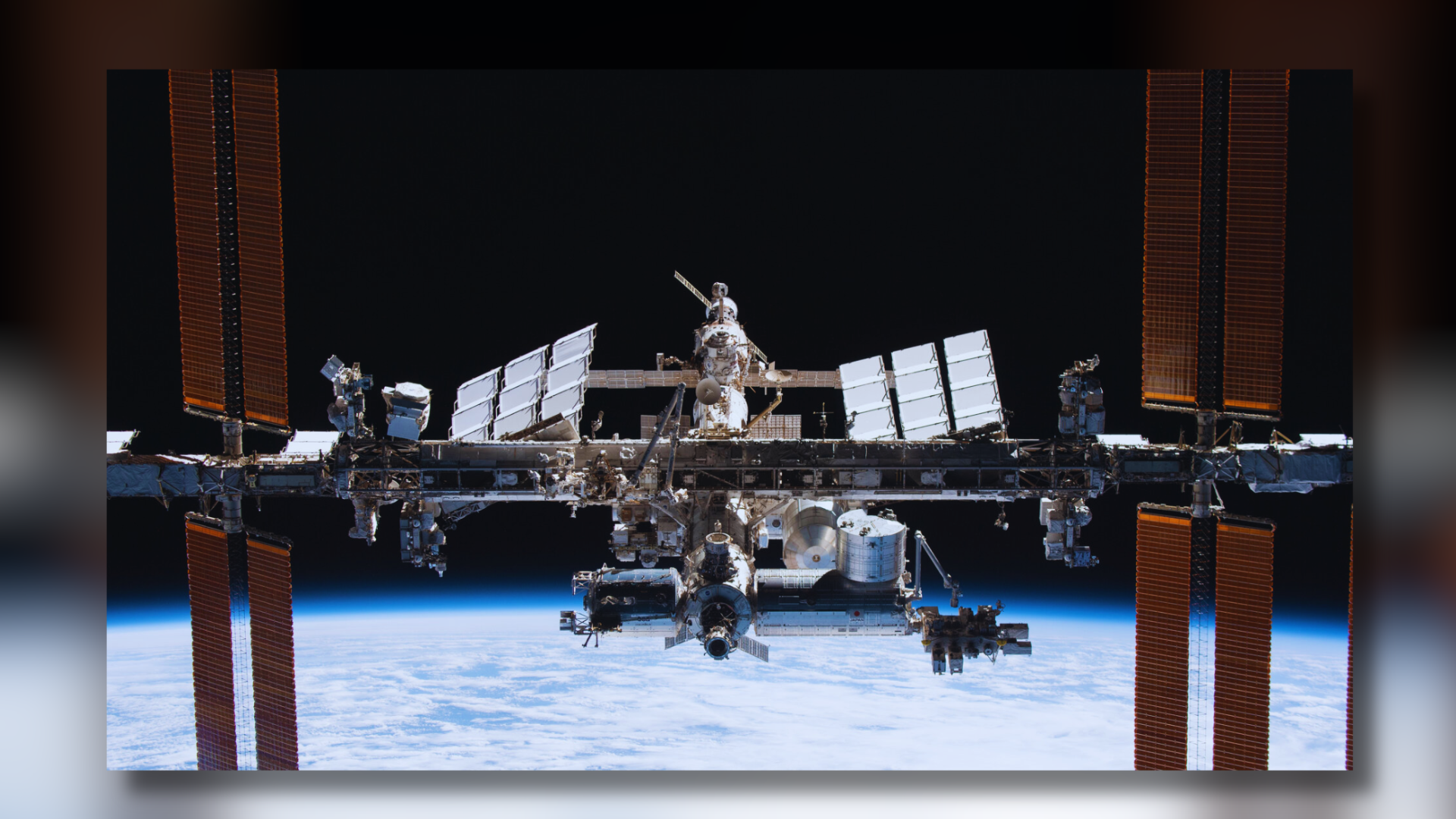


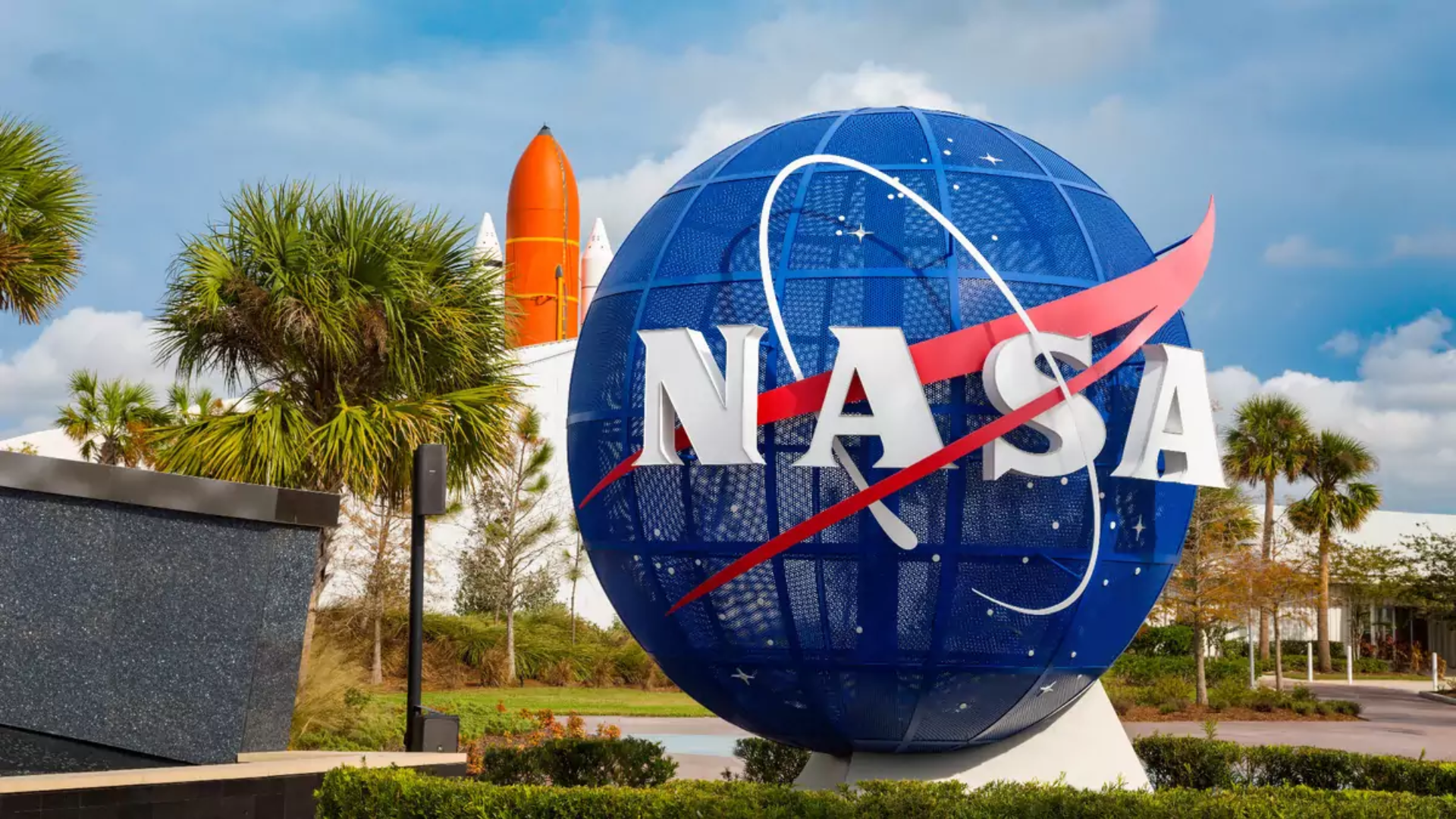

In a significant address to the 42nd Inter-Agency Space Debris Coordination Committee (IADC), Indian Space Research Organisation (ISRO) chief S Somanath underscored the imperative for the global space community to enhance capabilities for exploration beyond Earth’s orbit. Emphasizing the exploration potential within Earth-moon systems and solar planetary realms, Somanath highlighted the evolving dynamics of space exploration and the need for concerted efforts in this direction.
“Future exploration demands skills to transcend Earth’s orbit, particularly within Earth-moon systems and solar planetary domains. These areas are witnessing increased activity, necessitating a comprehensive approach towards exploration,” stated Somanath during the inaugural session of the IADC.
Furthermore, Somanath outlined India’s commitment to ensuring debris-free space missions by the year 2030. Asserting India’s resolve, he expressed, “India aims for debris-free space missions by all actors, both governmental and non-governmental, by 2030. We encourage other space-faring nations to embrace this initiative for the sustainable utilization of outer space.”
Addressing concerns regarding space debris, Somanath elaborated on India’s ongoing efforts to develop mechanisms and structures within space systems to mitigate the generation of debris. He emphasized the importance of strengthening these initiatives to safeguard space environments from the proliferation of debris.
Regarding the re-orbiting of non-functional space objects, Somanath outlined ISRO’s proactive approach in managing spacecraft in orbit. “ISRO implements a systematic program for space exploration and utilization. With 54 spacecraft currently in orbit, we prioritize the careful disposal and re-orbiting of non-functional objects to ensure the safety and sustainability of space activities,” he remarked.
Looking towards the future, Somanath advocated for the protection of orbital spaces around 400 kilometers to facilitate the establishment of more space stations, enabling sustained human presence in space. “As we aspire to establish space stations, we must safeguard orbits conducive to sustained human exploration,” he asserted.
In addition, Somanath called for a comprehensive review of existing space agreements to minimize debris generation by all stakeholders. “It is imperative to reassess space agreements to ensure adherence to guidelines aimed at sustaining space environments and preventing the proliferation of debris,” he concluded, underlining ISRO’s commitment to responsible space exploration and utilization.



